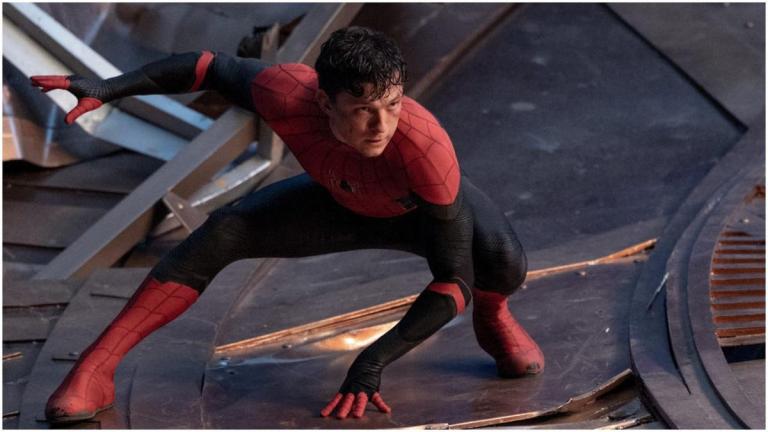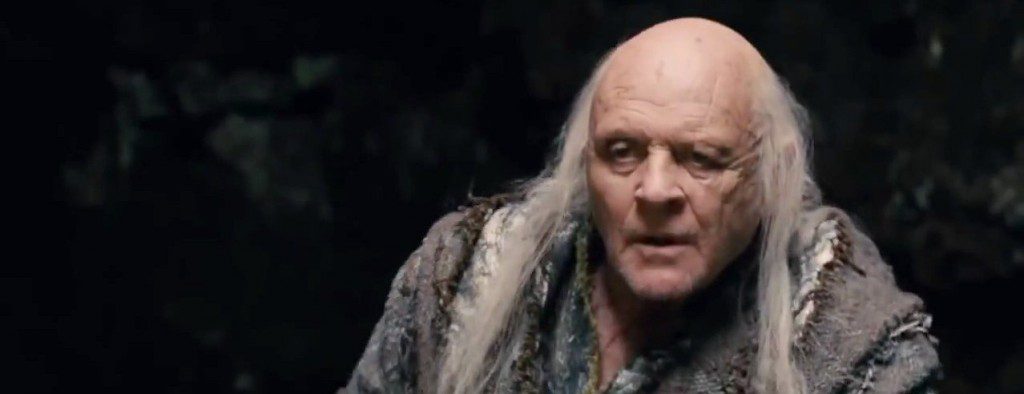 GIVE the Spider-Man series points for good intentions. Ever since director Sam Raimi first brought the web-slinging super-hero to the big screen five years ago, he has made a point of emphasizing the character’s humanity, indeed his fallibility. In doing so, he has shown how we, too, can learn from our mistakes and live more virtuously.
GIVE the Spider-Man series points for good intentions. Ever since director Sam Raimi first brought the web-slinging super-hero to the big screen five years ago, he has made a point of emphasizing the character’s humanity, indeed his fallibility. In doing so, he has shown how we, too, can learn from our mistakes and live more virtuously.
Even better, Raimi has given these virtues a distinctly Christian flavour. Peter Parker (Tobey Maguire), the science student who fights crime as Spider-Man, clearly owes his sense of right and wrong to the uncle and aunt who raised him after the death of his parents — and the films have depicted Aunt May (Rosemary Harris), in particular, as a devout woman who says her prayers and thanks the angels for their help.
If only good intentions were enough. The newest film in the series offers us more of the same — and indeed, it offers us too much more. More villains, more battles, more special effects, more flashbacks to the death of Peter’s Uncle Ben (Cliff Robertson) — even a return to the love triangle between Peter, his girlfriend Mary Jane Watson (Kirsten Dunst) and his estranged friend Harry Osborn (James Franco).
Watching Spider-Man 3, it is impossible not to think the series has gotten stuck in a rut that it is desperate to get out of. Like a lot of other ‘threequels,’ it recycles familiar elements from the first movie for no better reason than a lack of inspiration — but it also goes for shock value by bringing out the hero’s dark side, killing a major character and subverting what we thought we knew about the earlier films.
To make matters worse, Raimi and his writers have thrown so many new characters and subplots into this one film that none of them are given the attention they deserve — and to hold all these story threads together, the film is obliged to pile coincidence upon coincidence until you’re rolling your eyes in disbelief.
It’s a shame, because there are some beautiful moments here. One of the new ‘bad guys’ is Flint Marko (Thomas Haden Church), an escaped convict who runs straight into a scientific experiment which rips his molecules apart. The scene in which Marko reconstitutes himself and rises from the sand — as a supervillain named The Sandman — has a haunting, even poignant beauty, and it is remarkable for the way it suggests the frailty and vulnerability of the character as much as his strength.
The major theme of this film is revenge and forgiveness. Marko turns out to be the actual killer of Peter’s Uncle Ben, and Peter — whose superhero activities have always been animated by the guilt he feels over Uncle Ben’s death — is consumed by a desire to settle the score. Harry, meanwhile, wants revenge against Peter for the death of his father in the first film. And a photojournalist named Eddie Brock (Topher Grace) wants revenge against Peter after Parker exposes his fraudulent photos.
All these vengeful inclinations are amplified by a plot device that literally drops out of the sky: a batch of alien goo that sticks to Peter and turns him into a selfish jerk, before he figures out what it is doing to him and rips it off. Then the goo possesses Eddie instead, turning him into a toothy supervillain named Venom. (This happens after Eddie asks God to kill Peter – a form of answered prayer, perhaps? Or is Eddie being handed over to Satan for the destruction of his flesh, as it were?)
It is worth noting that there are limits to Peter’s evil, even when he is possessed by the goo, whereas Eddie is much worse because, as he admits, he likes being evil. To some degree, the alien goo is limited by the character of its host. And that nicely points up the need to make wise choices before temptation comes our way.
That’s a valuable lesson. But some of the film’s other ideas are more confused, such as the way it allows personal emotions to interfere with notions of justice. In one crucial, climactic scene, Spider-Man lets a villain get away because he ‘forgives’ him. But what about Spider-Man’s responsibility to the city he is supposed to protect?
Perhaps, given the circumstances, there wasn’t much Spidey could do anyway. But the film wants us to think that what really matters is how Peter Parker feels inside — and given everything else that has gone on, that isn’t quite good enough.
* * *
The other mega-threequels this month have also been pretty disappointing. Shrek the Third recycles gags from the earlier films, and none of the new characters are all that interesting this time around. It is, admittedly, fun to see Shrek coping with imminent fatherhood, but the film doesn’t do much with that particular storyline.
Meanwhile, Pirates of the Caribbean: At World’s End has to be the most pointlessly overstuffed blockbuster ever made. That said, I do like the bit where Barbossa (Geoffrey Rush) says it is only when you are truly lost that you can find a place that cannot be found. I’m sure someone will work that into a movie-based sermon.
— A version of this review was first published in BC Christian News.












